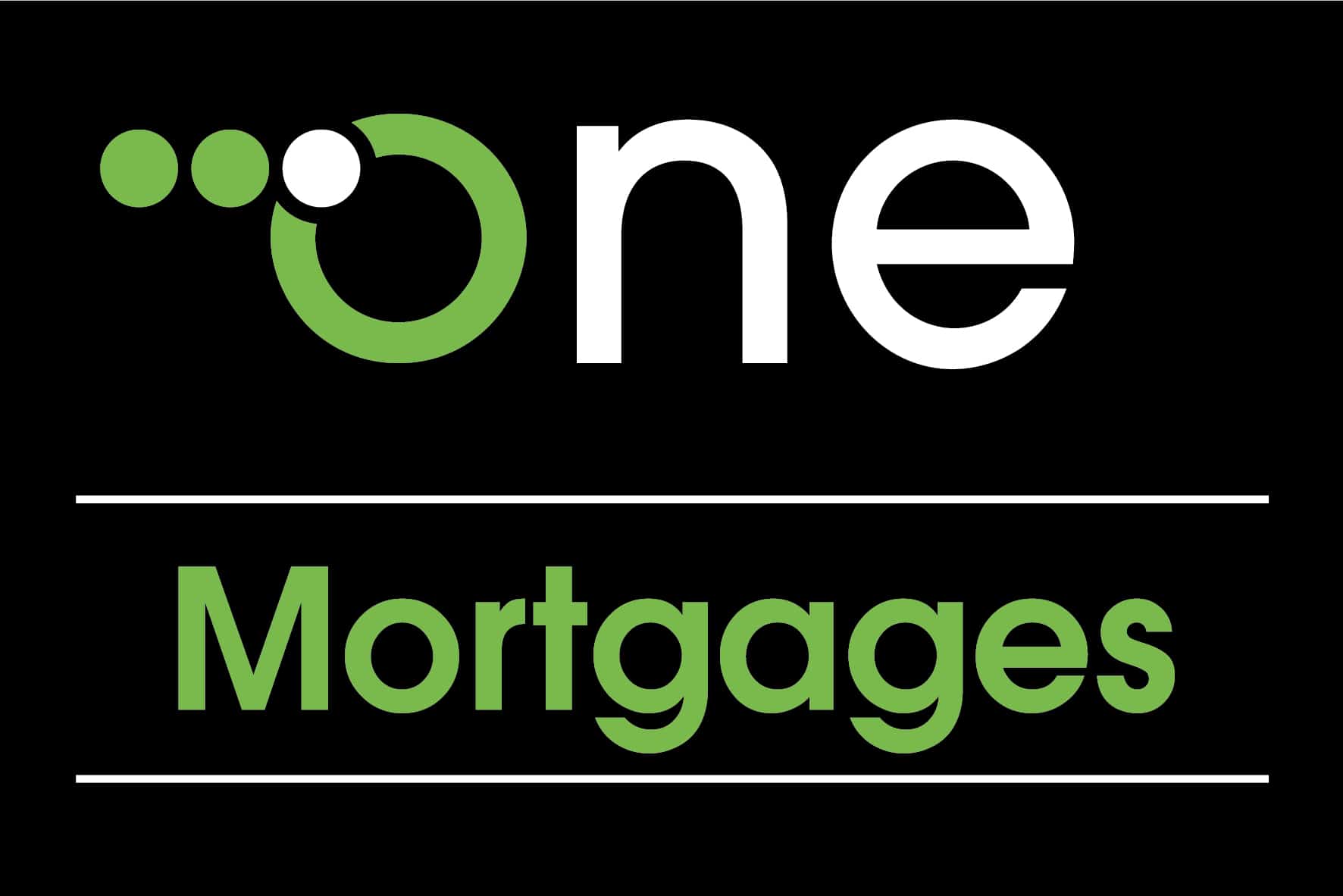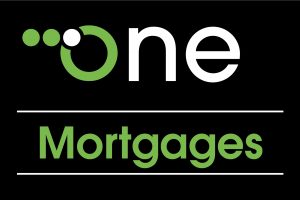Doctor Mortgages
- Free initial consultation
- Specialist Mortgage Advisers
- See if we can help you find the right deal
Home » NHS Mortgages » Doctor Mortgages
Useful Mortgage Advice For Doctors
The unique challenges of being a Doctor
As a largely well-paid profession, most people assume that Doctors can very easily obtain a mortgage, however, there are a unique range of challenges to the mortgage application process for Doctors or those in a similar medical profession.
As a Doctor, you are more likely to have a complex employment scenario, for example, you may be employed by the NHS, but also provide locum services privately. Many of the employment types associated with being a doctor also lack stability, such as Self-Employed, trainee, and locum roles, which make establishing a regular income pattern more difficult for lenders.
Another aspect that lenders will take into consideration is the significantly higher student debts that Doctors incur, given the length of study and tendency to specialise. In some cases, these debts have the potential to affect both your affordability criteria and your credit score.
Can these challenges be balanced against the longer-term earning potential of a Doctor?
The importance and trust implicit in the role of a Doctor can mean that buying a property is not as difficult as other applicants with multiple or unstable employment types.
Newly qualified Doctors
Doctors will not usually be bound by the standard lender requirement of serving a minimum employment duration prior to making your mortgage application. Therefore, most lenders will consider a mortgage application from Doctors after any duration of paid employment or as long as they expect to be in paid employment within six months of their application.
Trainee and junior Doctors
Trainee or junior Doctors usually benefit from lenders’ willingness to base mortgage calculations on their fully qualified salary, rather than the training rate.
Where you have the promise of a more senior position lined up at the end of your training period, they may even consider the rate attached to that position.
Self-Employed Doctor or medical professional
Most Self-Employed mortgage applicants have to supply at least three years of certified accounts in support of their mortgage application. Self-Employed Doctors, however, will often be considered with just one year of accounts available.
Locum Doctors
Doctors that work solely in a locum capacity do not generally enjoy the same benefits extended to other doctors by mortgage lenders. There are independent mortgage lenders who can help those in this situation, however.
How do Doctors prove their income?
As a general rule, Doctors experience greater leniency from lenders when it comes to providing proof of income, however, you will still need to prove your income.
The type of proof required will depend on your employment type and your Mortgage Broker can advise you of which specific documents you will need.
How much can Doctors borrow?
Whatever your occupation, the amount you can borrow is based on your affordability and credit score, rather than your job title. Therefore, being a Doctor does not necessarily mean that you can borrow more or less than any other applicant.
There will also be variance in each lender’s calculation criteria, which is usually based on a multiple of your income. Lenders who specialise in offering mortgages to Doctors may be able to offer a higher multiple than a non-specialist lender, however it usually ranges between three and five times your annual income.
Speak To an Expert
- Free initial consultation
- Specialist Mortgage Advisers
- See if we can help you find the right deal
Do I get mortgage discounts if I work for the NHS?
Are there any schemes to help Doctors get onto the property ladder?
Help to Buy scheme
The Help to Buy scheme gives applicants a chance to purchase a new-build home up to the value of £250,000 (£450,000 in Greater London) by utilising a government equity loan up to the value of 20% (40% in Greater London) of the property value. This loan is used to top up your deposit, of which you need to fund the first 5%. This allows you to achieve a 75% loan to value mortgage, which will be more easily obtainable than if you had a smaller deposit.
Shared Ownership
This shared ownership scheme makes mortgages more accessible to those on a lower income, as it allows them to purchase a percentage of their home (usually 25-75%). The lower loan value will require a significantly smaller deposit and repayments on your mortgage. You will, however, also need to pay rent on the remaining percentage of the property.
Right to Buy
Local authority or housing association tenants can sometimes purchase their rented home through the Right to Buy scheme. As the properties are offered at a considerably reduced price, the mortgage is easier to secure and lower cost.
NewBuy
The NewBuy scheme offers a loan of 95% at mortgage rates equivalent to 75% of a standard residential mortgage. The remaining 5% needs to be provided as a deposit, by the applicant. As the title suggests, this is only available on new build properties.
How can a Mortgage Broker help?
As a doctor, mortgage applications can be complex and time-consuming, especially if you have multiple employment types. Getting advice from a broker like us who specialises in helping doctors can save you a lot of time and stress, as well as giving you access to those
independent lenders who specialise in mortgages for doctors.
Your home may be repossessed if you do not keep up repayments on your mortgage
Why One Mortgages, Protection and Estates?
- Simple Process
- Tailored & Honest Advice
- Great Service
- Whole of Market Access
- Out of Hours Appointments & Home Visits

Call us now on 0113 208 3308
to find out more or arrange a consultation.
Based in Leeds, One Mortgages & Protection Limited offers impartial and unbiased advice to customers UK wide, no customer is too far away to help.

